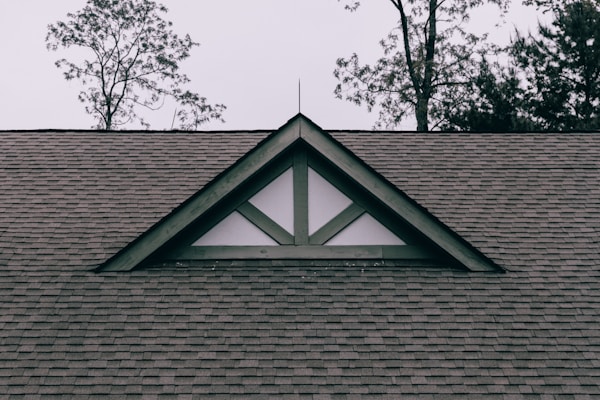Buying a home is an exciting time that’s full of rewarding experiences and challenges. First-time homebuyers often make mistakes that can end up costing them thousands of dollars. Today, we’ll cover some of the biggest mistakes first-time homebuyers make. Keep reading if you want to know how to avoid them.
Not Inspecting the Roof

One of the most common mistakes first-time homebuyers make is not having the roof inspected by a professional before moving in. Many older roofs are prone to leaks, and it’s vital to know of any potential problems before you move in. Even if the roof seems to be in good condition, there may be underlying damage that could lead to leaks down the road.
If you’re buying a home with an older roof, be sure to budget for a roof replacement in the near future. It is better to know about the need for a new roof before you move in rather than finding out after the fact. By inspecting the roof, you can also get an idea of the condition of the rest of the home’s structure and make repairs as needed.
A roof inspection is a small investment that can save you a lot of money in the long run. So, be sure to include it in your list of homebuying tasks. You can search online for “Ross roofing companies” or wherever you’re located to find licensed roofing contractors in your area that can help.
Not Finding the Right Insurance
When it comes time to purchase home insurance, many first-time buyers make the mistake of going with the first policy they find. This can be a costly mistake, as there may be better deals available.
The best way to find the right home insurance policy is to shop around. Compare rates from different insurers and ask for quotes. Be sure to read the policies carefully so you know what is and isn’t covered. It’s essential to find an insurer that’s reliable and has a good reputation. You don’t want to be left with a policy that doesn’t pay out when you need it.
When shopping for home insurance, ask about discounts. Many insurers offer discounts for things like having a security system, being a member of a homeowners association, or being a senior citizen.
Be sure to ask about all the discounts available and compare rates, too. You may be surprised at how much you can save by shopping around. If you’re having trouble finding the right insurance for your first home, check out the ultimate guide to insuring your first home for some additional tips.
Not Taking Into Account Additional Costs of Homeownership

When considering buying a home, many factors go into the decision-making process, one of which is the additional costs homeownership entails. Many first-time homebuyers don’t take into account things like closing costs, property taxes, and maintenance costs when budgeting for their new home. This can lead to them being unable to afford their monthly mortgage payments and wind up in foreclosure.
Closing costs are typically around 2 to 5 percent of the purchase price of a home and include things like title insurance, appraisal fees, and loan origination fees. Property taxes vary depending on where you live, but they usually amount to 1 to 3 percent of the value of your home each year. And then there are maintenance costs, which can range from repairing a leaky faucet to replacing the roof; it all depends on how well your home is taken care of. All in all, these additional expenses can add up quickly, so it’s crucial to be aware of them before buying a home.
Not Researching the Neighborhood
When looking for a home, many first-time buyers also make the mistake of not researching the neighborhood. They may be attracted to a particular home or price range but fail to consider what living in that neighborhood will be like. Factors to consider include commute time, schools, crime rates, and the overall character of the neighborhood.
If you’re not happy with your neighborhood once you move in, it can be difficult to sell your home later on. It’s essential to visit the neighborhoods you’re considering and talk to people who live there before making a decision. You may also want to use an online tool to research crime rates in different neighborhoods.

